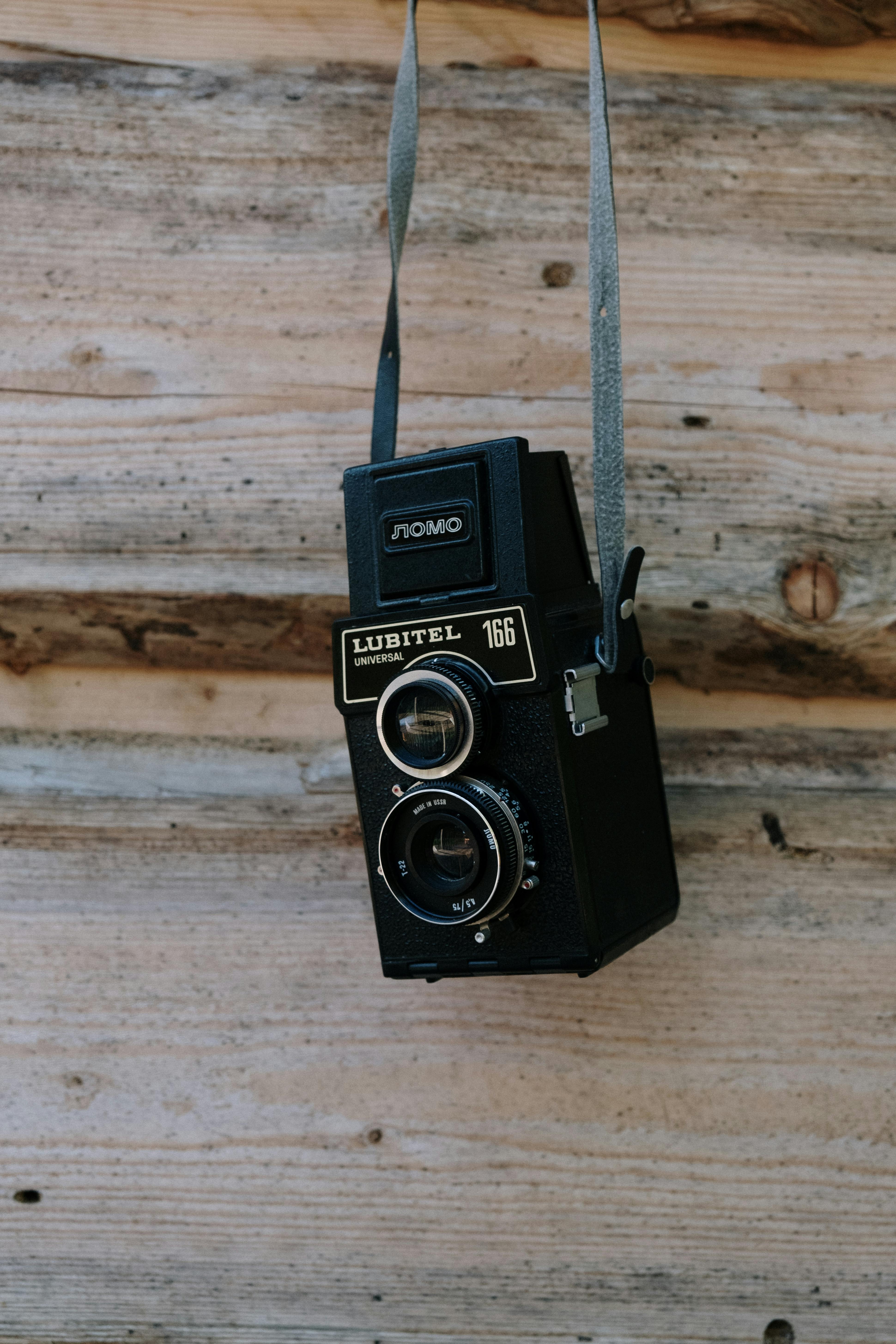Are you looking to enhance your reflexes and boost your response time? Look no further! In this article, we will guide you through a series of exciting exercises designed to improve your reflexes and help you react swiftly. Whether you want to excel in sports, elevate your gaming skills, or simply sharpen your reflexes for daily activities, these exercises are perfect for you. So get ready to increase your agility and swift reaction with these fun and effective activities!
1. The Importance of Reflexes
1.1 Understanding Reflexes
Reflexes are involuntary responses that occur automatically and rapidly in response to specific stimuli. They are controlled by the nervous system and serve as a crucial mechanism for our survival and well-being. When you encounter a sudden threat or need to react swiftly in a sports activity, having quick reflexes can make all the difference.
1.2 Why Reflexes Are Important
Reflexes play a vital role in various aspects of our lives, from everyday activities to competitive sports. They allow you to respond quickly and efficiently to unexpected situations, ensuring your safety and success. Whether it’s catching a fast-moving ball, avoiding a potential hazard on the road, or simply maintaining balance, having sharp reflexes is essential.
1.3 Benefits of Improved Reflexes
Enhancing your reflexes can bring about numerous benefits. Firstly, it allows you to react faster, giving you an edge in competitive environments such as sports or even during emergency situations. Improved reflexes also contribute to better coordination and agility, enhancing your overall physical performance. Additionally, quick reflexes can positively impact your cognitive abilities and decision-making skills, as they require swift neural connections and processing.
2. Factors Affecting Reflexes
2.1 Age
Age is a crucial factor that can influence your reflexes. Generally, reflexes tend to decline with age due to the natural aging process affecting the nervous system. However, with proper training and exercise, it is possible to maintain and even improve your reflexes at any age.
2.2 Physical Fitness
Physical fitness plays a significant role in determining your reflex capabilities. Regular exercise and a healthy lifestyle contribute to improved overall reaction times and reflexes. Engaging in activities that challenge your coordination, balance, and agility can have a direct impact on enhancing your reflexes.
2.3 Reaction Time
Reaction time refers to the time it takes for the body to respond to a stimulus. It is influenced by various factors such as genetics, neural pathways, and muscular coordination. By consistently practicing reflex-enhancing exercises and activities, you can reduce reaction times and improve your overall response speed.
2.4 Hand-Eye Coordination
Hand-eye coordination is a critical aspect of reflexes, as it involves the synchronization of visual information with motor skills. Good hand-eye coordination allows you to react quickly and accurately to visual stimuli. Developing this skill through targeted exercises and sports-specific drills can greatly improve your reflexes.

3. Reflex-Enhancing Exercises
3.1 Agility Ladder Drills
Agility ladder drills are an excellent way to improve your reflexes and footwork. These drills involve precise foot placements in response to various ladder patterns. By practicing agility ladder drills regularly, you can enhance your reaction speed and coordination, leading to improved reflexes.
3.2 Reaction Ball Training
Reaction ball training involves throwing or bouncing a ball off a wall and reacting quickly to its unpredictable rebounds. This exercise helps improve your reflexes by challenging your ability to respond rapidly to unpredictable movements. Incorporating reaction ball training into your routine can significantly enhance your reflexes and coordination.
3.3 Quick Feet Exercises
Quick feet exercises focus on performing rapid foot movements in response to cues or patterns. These exercises can include ladder drills, cone drills, or even skipping exercises. By training your feet to move swiftly and efficiently, you can improve your reflexes and overall agility.
3.4 Balance Training
Balance training is crucial for enhancing your reflexes, as it helps improve proprioception and stability. Activities like standing on one leg, using balance boards, or practicing yoga poses can strengthen your core muscles and improve your body’s ability to respond quickly to changes in balance.
3.5 Jump Rope Exercises
Jump rope exercises not only improve cardiovascular fitness but also enhance reflexes and hand-eye coordination. The rapid movements required to jump rope effectively can directly translate to improved reflexes in various situations. Incorporate jump rope exercises into your routine to reap the benefits.
4. Targeted Sports-Specific Drills
4.1 Tennis: Volley and Smash Drills
Tennis requires quick reflexes and hand-eye coordination. Volley and smash drills involve practicing rapid reactions to hit incoming balls. By incorporating these drills into your tennis training, you can improve your reflexes specific to the sport.
4.2 Basketball: Passing and Dribbling Drills
Basketball involves fast-paced movements and quick decision-making. Passing and dribbling drills, such as reaction drills and dribble obstacle courses, can significantly improve your reflexes and ball-handling skills on the court.
4.3 Soccer: Agility and Quick Changes of Direction Drills
Soccer demands quick reflexes, agility, and the ability to rapidly change directions. Incorporating agility ladder drills, cone drills, and reactive speed drills into your soccer training routine can enhance your reflexes on the field.
4.4 Boxing: Punching Speed and Accuracy Drills
Boxing relies heavily on reflexes, speed, and accuracy. Punching speed and accuracy drills, such as shadowboxing or punch mitt training, can help improve your reflexes and responsiveness in the ring.

5. Reflex-Boosting Activities
5.1 Playing Video Games
Believe it or not, playing video games can actually improve your reflexes. Fast-paced action games that require quick reaction times can train your brain and muscles to respond rapidly to visual stimuli.
5.2 Table Tennis
Table tennis, also known as ping pong, is a sport that requires lightning-fast reflexes. The rapid back-and-forth movements and quick decision-making in table tennis help sharpen your reflexes and hand-eye coordination.
5.3 Martial Arts and Combat Sports
Engaging in martial arts or combat sports, such as boxing, karate, or judo, can significantly improve your reflexes. These disciplines require precise timing and quick reactions, making them ideal for reflex enhancement.
5.4 Dance and Aerobics
Dance and aerobics classes not only provide a fun way to stay active but also enhance your reflexes. The intricate footwork, coordination, and rhythm in dance and aerobics activities can greatly improve your reflexes and overall agility.
6. Neurological Exercises
6.1 Targeted Eye Movements
Certain eye exercises can help improve your reflexes by strengthening the connection between your eyes and brain. These exercises involve tracking moving objects or following specific patterns to enhance your eye movement coordination.
6.2 Finger Tapping
Finger tapping exercises can improve your hand and finger reflexes. By rapidly tapping your fingers or thumbs on a surface in response to cues, you can enhance your finger speed and coordination.
6.3 Stroop Test
The Stroop test is a cognitive task that challenges your brain’s ability to process information and respond quickly. By practicing tasks that require quick decision-making, such as the Stroop test, you can improve your reflexive responses in various situations.
6.4 Quick Decision-Making Games
Engaging in quick decision-making games, such as puzzle games or strategy games, can improve your reflexes by training your brain to process information rapidly and respond accordingly. These games can enhance your cognitive abilities and overall reflexive responses.

7. Yoga and Mindfulness Techniques
7.1 Yoga Poses for Focus and Concentration
Yoga poses that require balance and concentration, such as Tree Pose or Eagle Pose, can help improve your focus and enhance your reflexes. These poses require mental alertness and physical stability, leading to improved overall reflexive responses.
7.2 Meditation and Deep Breathing
Practicing meditation and deep breathing techniques can have a significant impact on your reflexes. These practices help reduce stress and promote relaxation, allowing your mind and body to respond more efficiently to stimuli.
7.3 Tai Chi and Qigong
Tai Chi and Qigong are ancient Chinese practices that involve slow, deliberate movements and deep breathing. These practices help improve body awareness, balance, and overall reflexes. Regular practice can lead to a greater sense of calmness and improved reflexive responses.
8. Diet and Nutrition
8.1 Omega-3 Fatty Acids
Including foods rich in omega-3 fatty acids, such as fatty fish, flaxseeds, and walnuts, in your diet can support brain health and improve cognitive function. A healthy brain is crucial for optimal reflexes.
8.2 Antioxidants
Antioxidant-rich foods, such as berries, leafy greens, and dark chocolate, help protect your brain from oxidative stress. Consuming a diet high in antioxidants can maintain brain health, ensuring your reflexes stay sharp.
8.3 Vitamin B Complex
Vitamin B complex, including vitamins B6 and B12, plays a crucial role in maintaining a healthy nervous system. Incorporating foods like whole grains, eggs, and lean meats into your diet can support optimal reflexes.
8.4 Hydration and Electrolyte Balance
Proper hydration and electrolyte balance are essential for optimal nerve function. Drinking enough water and consuming electrolyte-rich foods, such as bananas and coconut water, can support healthy reflexes.
9. Lifestyle Changes
9.1 Sufficient Sleep
Adequate sleep is crucial for optimal reflexes and overall well-being. Getting enough quality sleep allows your body to repair and recharge, enhancing your cognitive function and reflexive responses.
9.2 Stress Management
Chronic stress can negatively impact your reflexes and cognitive abilities. Incorporating stress management techniques, such as regular exercise, meditation, or hobbies you enjoy, can help reduce stress levels and improve your reflexes.
9.3 Avoiding Alcohol and Smoking
Alcohol and smoking can impair your reflexes and cognitive function. Limiting alcohol intake and quitting smoking can have a positive impact on your reflexes and overall health.
10. Training Tools and Equipment
10.1 Reaction Balls
Using reaction balls, which have irregular shapes and unpredictable bounces, can help improve your reflexes. These balls force you to react quickly and accurately, enhancing your overall reaction speed and coordination.
10.2 Agility Ladders
Agility ladders are excellent tools for improving footwork, coordination, and agility. They help train your reflexes to respond quickly to specific patterns and movements, enhancing your overall reflexive abilities.
10.3 Jump Ropes
Jump ropes are versatile training tools that can improve cardiovascular fitness and reflexes. Jumping rope requires fast footwork and hand-eye coordination, directly translating to improved reflexive responses.
10.4 Balance Boards
Balance boards can improve your proprioception and stability by challenging your reflexes and coordination. By practicing on a balance board, you can enhance your reflexes and overall balance in various activities.






